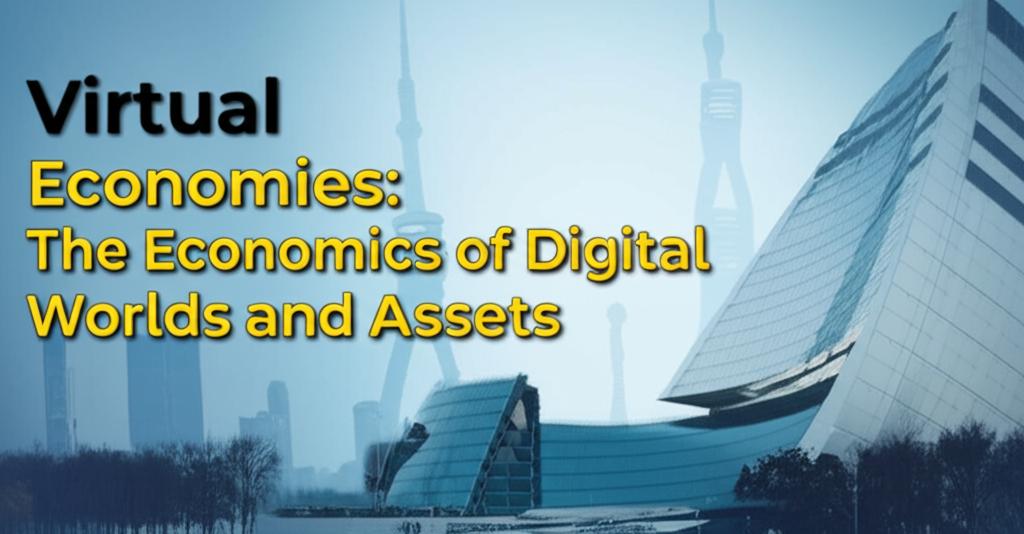The digital frontier is constantly expanding, and with it, the concept of virtual economies is rapidly evolving from a niche interest into a significant component of the global digital landscape. These economies, built within online games, social platforms, and burgeoning metaverse environments, are no longer mere simulations but complex systems where real value is created, traded, and accumulated. As we venture further into 2025, understanding the mechanics and implications of these digital worlds and the assets they contain is crucial for individuals and businesses alike.
At the heart of virtual economies lies the creation and exchange of digital goods and services. These can range from cosmetic items for avatars and in-game currency to unique digital collectibles and even virtual real estate. The introduction and proliferation of technologies like blockchain and Non-Fungible Tokens (NFTs) have revolutionized this space by enabling true ownership and provable scarcity of digital items. NFTs, in particular, act as digital certificates of authenticity, allowing users to own, sell, and trade virtual assets in a secure and transparent manner. This has paved the way for "play-to-earn" gaming models, where players can earn real-world income through their in-game activities and asset trading.
The metaverse, a persistent, interconnected set of virtual spaces, is poised to become a major hub for these digital economies. As these virtual worlds become more immersive and interactive, they offer a fertile ground for a wide array of economic activities, including virtual shopping, attending events, and conducting business. Businesses are increasingly exploring opportunities within the metaverse, creating virtual storefronts, offering digital products, and finding new ways to engage with consumers. This expansion is fueled by advancements in virtual reality (VR) and augmented reality (AR) technologies, which enhance user immersion and engagement.
Several key trends are shaping the trajectory of virtual economies in 2025 and beyond. The tokenization of real-world assets (RWAs) is gaining traction, blurring the lines between physical and digital economies by representing tangible assets as digital tokens on a blockchain. The intersection of blockchain technology and artificial intelligence (AI) is also expected to unlock new possibilities, potentially leading to more sophisticated and autonomous virtual economic systems. Furthermore, the increasing mainstream adoption of cryptocurrencies and the potential for clearer regulatory frameworks are likely to provide greater stability and legitimacy to these digital markets.
However, the growth of virtual economies also presents challenges. Scalability of blockchain networks and interoperability between different virtual worlds and platforms remain significant hurdles. Ensuring security and addressing regulatory concerns, such as consumer protection and preventing financial crimes, are also critical for the sustainable development of these digital ecosystems. Moreover, questions around digital labor, wealth distribution, and the potential for market manipulation in these novel environments require careful consideration.
Despite these challenges, the transformative potential of virtual economies is undeniable. They offer new avenues for creativity, entrepreneurship, and investment. As these digital worlds become more integrated with our physical lives, virtual assets are increasingly being viewed as legitimate forms of wealth and investment. The ongoing evolution of virtual economies promises to reshape not only how we play and socialize but also how we work, transact, and define value in an increasingly digital future. The global metaverse market alone is projected for substantial growth, indicating the significant economic impact anticipated from these immersive digital environments.

